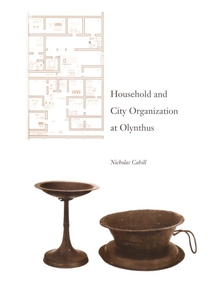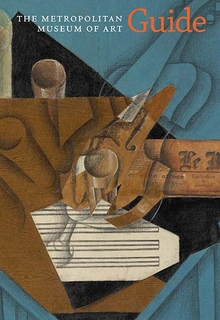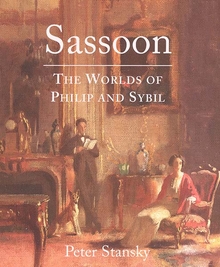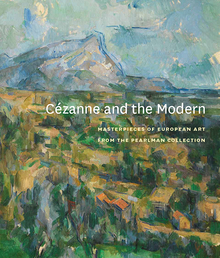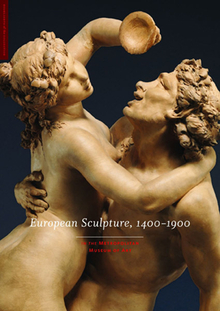Household and City Organization at Olynthus
WARNING
You are viewing an older version of the Yalebooks website. Please visit out new website with more updated information and a better user experience: https://www.yalebooks.com
Nicholas Cahill
Olynthus, an ancient city in northern Greece, was preserved in an exceptionally complete state after its abrupt sacking by Phillip II of Macedon in 348 B.C., and excavations in the 1920s and 1930s uncovered more than a hundred houses and their contents. In this book Nicholas Cahill analyzes the results of the excavations to reconstruct the daily lives of the ancient Greeks, the organization of their public and domestic space, and the economic and social patterns in the city.
Cahill compares the realities of daily life as revealed by the archaeological remains with theories of ideal social and household organization espoused by ancient Greek authors. Describing the enormous variety of domestic arrangements, he examines patterns and differences in the design of houses, in the occupations of owners, and in the articulations between household and urban economies, the value of land, and other aspects of ancient life throughout the city. He thus challenges the traditional view that the Greeks had one standard household model and approach to city planning. He shows how the Greeks reconciled conflicting demands of ideal and practice, for instance between egalitarianism and social inequality or between the normative roles of men and women and roles demanded by economic necessities.
The book, which is extensively illustrated with plans and photographs, is supported by a Web site containing a database of the architecture and finds from the excavations linked to plans of the site.
Cahill compares the realities of daily life as revealed by the archaeological remains with theories of ideal social and household organization espoused by ancient Greek authors. Describing the enormous variety of domestic arrangements, he examines patterns and differences in the design of houses, in the occupations of owners, and in the articulations between household and urban economies, the value of land, and other aspects of ancient life throughout the city. He thus challenges the traditional view that the Greeks had one standard household model and approach to city planning. He shows how the Greeks reconciled conflicting demands of ideal and practice, for instance between egalitarianism and social inequality or between the normative roles of men and women and roles demanded by economic necessities.
The book, which is extensively illustrated with plans and photographs, is supported by a Web site containing a database of the architecture and finds from the excavations linked to plans of the site.
Nicholas Cahill is associate professor of art history at the University of Wisconsin.
Visit the Web site at www.stoa.org/olynthus/
“A terrific book. Anyone working on Greek urban or household studies will want to have it at their side.”—Michael H. Jameson, Stanford University
"This well-written and enjoyable book is a significant advance in the study of Greek houses, moving away from over-simplified interpretations based on architectural form and towards a recognition of social and economic diversity; it should stimulate debate for years to come, and the associated database will provide an important resource for future research. But it derives much of its fascination from the insight it provides into the minutiae of individual lives: Cahill’s imaginative reconstructions seem to repopulate the houses of Olynthos with real, living people."—Ruth Westgate, Bryn Mawr Classical Review
ISBN: 9780300084955
Publication Date: April 10, 2002
Publication Date: April 10, 2002
400 pages, 7 x 10
70 b/w illus.
70 b/w illus.

